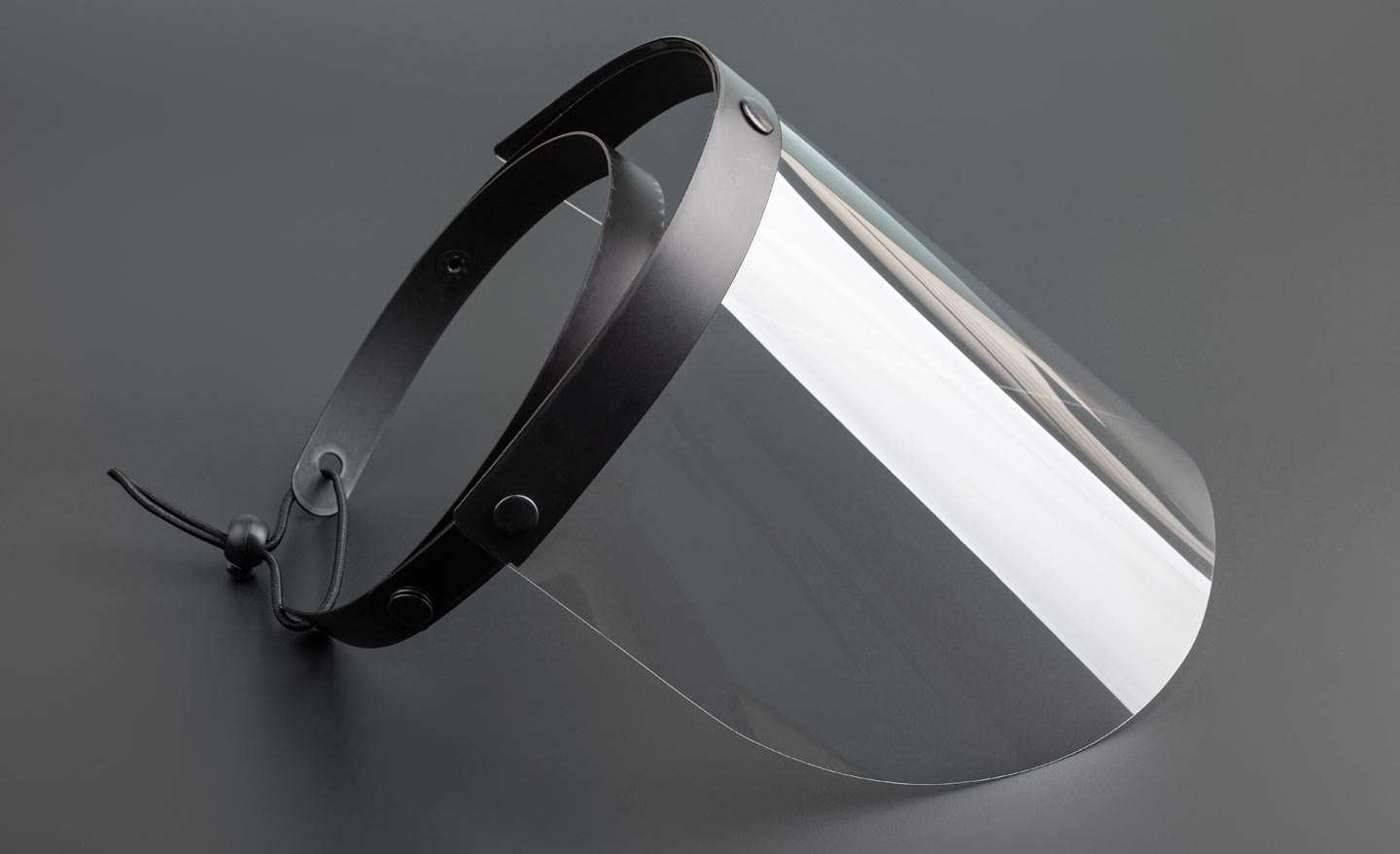Call to Action
Alumni answer the calls for help.
By the time Connecticut College went to remote modes of learning, some Conn students were stuck on campus, while others who traveled for Spring Break couldn’t return to pick up their belongings.
In stepped alumni like Patricia Swonger ’81 who contributed to the College’s Student Emergency Fund.
“I was a financial aid student at Conn when I was there,” Swonger said. “Had it not been for the support I received from the Connecticut College community, I doubt I would have been able to graduate. The College was there for me, and it’s my job to be there for it now.”
The Student Emergency Fund offered immediate support to help students with travel, housing, lost wages from campus jobs, shipping, moving expenses, and other unexpected hardships that arose from the pandemic.
“When I attended Conn, my family lived overseas in Nepal,” said Rachel Peniston ’11, who supported the fund. “Had something like this occurred during my four years, I would not have known where I could go. Thank you for setting up this fund to help students with limited options at a critical moment like this.”
The Emergency Fund effort raised nearly $70,000.
While hundreds of Conn alumni helped students return home, many others continue in the fight to defeat the coronavirus.
As a volunteer in the emergency department at Los Angeles County + USC Medical Center in Los Angeles, California, Dylan Pinckert ’18 says it is part of his job to make sure doctors and nurses have the PPE and tools they need to treat COVID-19 patients. Pinckert, who plans to become a physician assistant and is in the process of getting his EMT license recertified, takes seriously the mission of the hospital to provide all patients with top-quality care regardless of their insurance status or ability to pay.
“Since the pandemic, the number of volunteers is a quarter of what it was. The department relies on us for help,” he said.
In addition to working directly with patients, Conn alumni are addressing the pandemic in other ways.
Anita Nadelson ’88 owns Three by Three Seattle, a boutique design firm, and never thought she’d work with a business contact in China to track down swabs, which she and other Seattle business leaders donated to the University of Washington Department of Laboratory Medicine for COVID-19 testing.
“We work with 25 factories in China. I know how to get anything made,” Nadelson told The Seattle Times.
Charles Griffiths ’84 is also a maker. Griffiths is president of Vigilant, a Dover, New Hampshire-based fine cabinetry, furnishings and mill-working company that specializes in custom wine storage and cigar humidor cabinets. Deemed an essential business, the company is still operating, but has also devoted staff and resources to produce face shields with a design approved by the National Institutes of Health.
“Our goal is 10,000 face shields for first responders and front-line healthcare workers in central New England,” said Griffiths.
To make the shields, Vigilant’s engineers remodeled a crowd-sourced prototype of a face-shield crown for the company’s CNC machinery, which operates similarly to a 3D printer, processing a piece of material based on computer-programmed instructions. Griffiths has been working nearly around the clock to procure the rest of the supplies, including buckles, elastic bands and plastic sheets, while the company’s staff members work to assemble the shields. In early April, the company shipped the first 1,000 masks to New Hampshire’s Stafford County to be used in nursing homes. The second batch went to two local fire departments.
“We are doing this to help the people who are risking their lives every day,” Griffiths said. “It’s just the right thing to do.”
